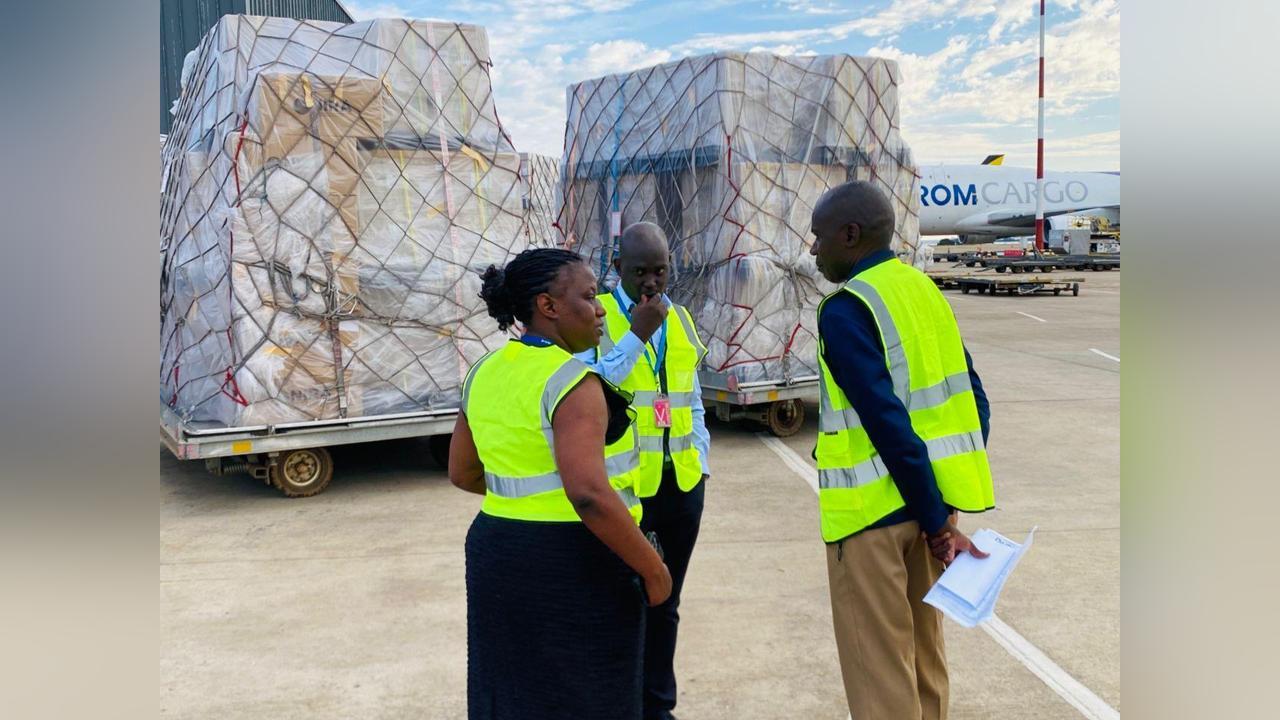Africa-Press – Uganda. Uganda’s path to trade and industrial competitiveness requires more than ambitious policies and well-structured memoranda—it demands urgent action, institutional reorganization, and stronger regional collaboration, according to trade and policy experts.
Speaking at a recent dialogue on strengthening Uganda’s trade frameworks, Allan Ssenyondwa, Policy and Advocacy Manager at the Uganda Manufacturers Association (UMA), and Jane Seruwagi Nalunga, Executive Director of SEATINI Uganda, shared practical insights on the systemic challenges stalling Uganda’s economic potential and how to overcome them.
“Uganda’s challenge has never been a lack of brains. What we lack is the organisation,” said Ssenyondwa. “We should be able to deliver whatever we negotiate.”
He highlighted the fragmented nature of Uganda’s agricultural value chain, calling for a more aggregated system that could support bulk orders efficiently.
“I should be able to go to one place and say, ‘I need 1,000 metric tonnes of maize,’ and get them—instead of moving across the country buying a few kilograms here and there,” he noted.
Nalunga echoed the need for structural reform, particularly in the private sector, which she described as fragile and in need of government support.
“We need to talk about the mortality rate of our private sector. They also need a hand from the government,” she said, adding that without targeted support, Uganda risks missing out on regional and global trade opportunities.
Both experts stressed that policy on paper is not enough; successful implementation of agreements and memoranda of understanding (MoUs) is essential for progress.
“How do we move what is on paper into practice? Implementation is key,” Nalunga emphasized.
She urged a rethinking of cooperatives, which have historically played a key role in organizing production and maintaining quality, especially in agriculture and trade.
“These cooperatives help ensure the good quality of our production. We need to revisit and strengthen them,” she advised.
Ssenyondwa was also critical of Uganda’s sluggish pace when it comes to actualizing signed agreements.
“The Achilles’ heel of Uganda has always been our sluggishness. When we sign these MoUs, are we as aggressive as our partners?” he posed.
On the global stage, Nalunga highlighted rising protectionism and the shifting terrain of international trade.
“You’ve seen what Trump is doing, putting tariffs all over. The global terrain is volatile. We need to come together as a region,” she cautioned.
She emphasized that the East African Community (EAC) Treaty already provides a framework for deeper bilateral engagements, urging member states to utilize these provisions effectively.
“The MoUs are very good for deepening cooperation. The Treaty allows for bilateral deals to advance regional interests.”
The discussion painted a clear picture: for Uganda to harness its trade and industrial potential, it must urgently move from rhetoric to action—organising its sectors, revitalising cooperatives, supporting the private sector, and boldly implementing trade agreements at both national and regional levels.
For More News And Analysis About Uganda Follow Africa-Press






